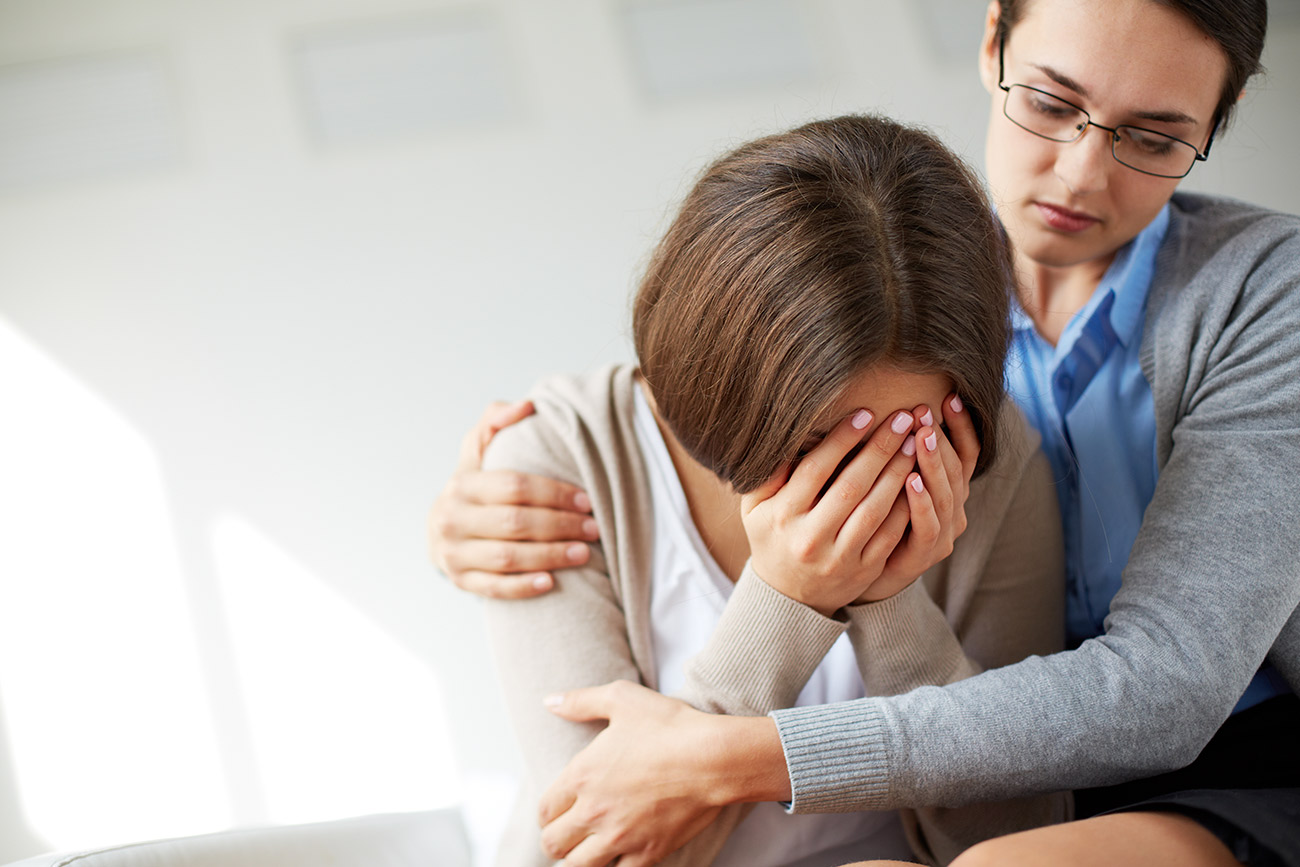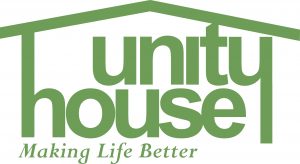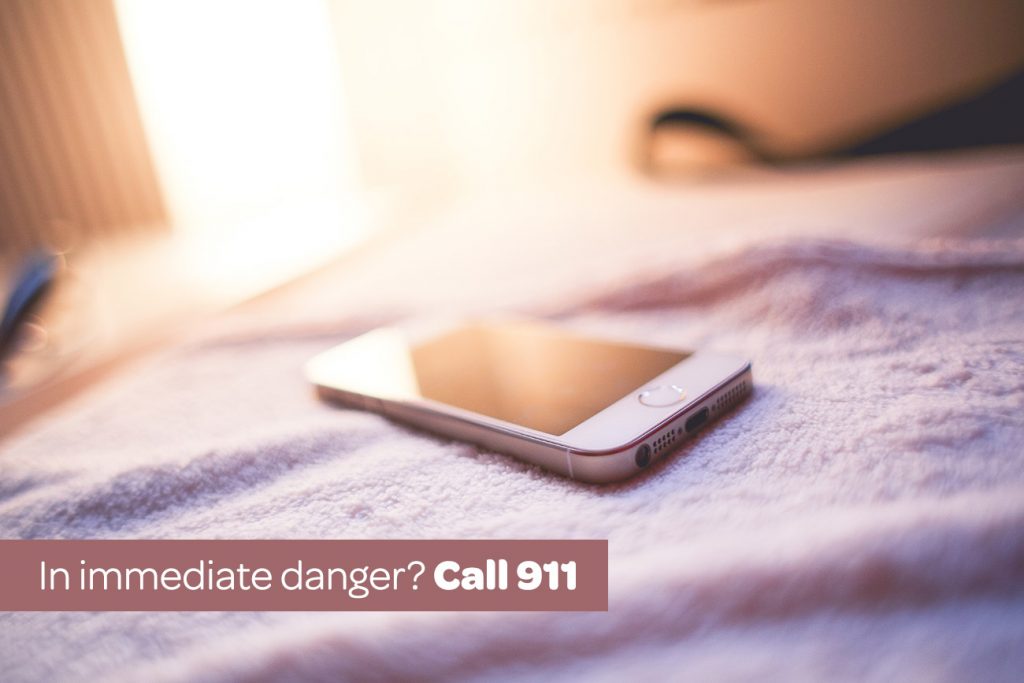Domestic Violence Awareness: What Everyone Should Know

October is Domestic Violence Awareness Month, so it is the perfect time to shine a light on this dark subject, especially as more than 10 million Americans are victims annually. The month-long observance focuses on mourning those who have died as a result of domestic violence, celebrating the survivors, and uniting those individuals and agencies who are working to end the cycle of violence.
To help us understand this complex and deeply troubling problem, we turned to Dave Warren, JD, MA, service director with the Domestic Violence Services unit at Unity House of Troy, to answer our questions.
Q: Domestic violence is not just physical abuse or violence against an intimate partner. Could you explain what it is and the different forms it takes?
A: Domestic violence can manifest in a number of different ways, but it always involves a partner demonstrating power and control over another partner. Different forms of abuse include physical abuse, sexual abuse, financial abuse, emotional abuse, and psychological abuse, all inflicted in an effort to maintain power and control over the victim. Abusers may also use technology to abuse their victims, misusing social media and phone applications to exert control.
Domestic violence has serious effects. It can result in severe physical injury, emotional trauma, and even death.
Q: How prevalent is domestic violence in New York state? In the country?
A: It is estimated that one in four women (25 percent) will experience domestic violence in their lifetime, and that annually, more than 10 million Americans are victims of physical violence as a result of the actions of an intimate partner. It is also estimated that approximately 40 percent of female murder victims are killed by intimate partners. That said, determining the prevalence of domestic violence is challenging because incidents are chronically underreported.
Q: Who are the victims of domestic violence? Are there certain characteristics that make an individual more likely to be a victim?
A: Domestic violence crosses all socio-economic designations and can really happen to anyone. In most cases, female victims are abused by male partners; however, victimization can happen to, and be perpetrated by, individuals of any gender identity.
Q: What are some of the signs that an individual is involved in an abusive relationship?
A: Signs of an abusive relationship vary, depending on the situation. Emotional abuse can include belittling, name-calling, humiliation, and minimizing the abuse. Abusers may exhibit extreme jealousy, make everything the victim’s fault, and/or stalk the victim. Abusers may also threaten to harm the victim, their family or children, or their pets. Additionally, abusers may seek to isolate the victim from their friends, families, and other supports and may seize control of all household financial decisions. If you are concerned that someone you know may be experiencing domestic violence, be supportive and ask how you can help. If you are concerned that you may be in an abusive relationship, you can reach out to your local domestic violence program to discuss your situation (see list of resources below).
Q: Who are the abusers? What motivates them?
A: Like victims, abusers come from all backgrounds; can be any age, gender identity, or ethnicity; and can have any educational status or income level. Above all, abusers are motivated to exert and maintain power and control within their relationships.
Q: Is there any way to predict whether a person will become an abuser?
A: Often there are few, if any, signs that predict an individual will become an abuser. Moreover, signs that would indicate an abusive relationship typically do not present at the onset of the relationship, but progress with time.
Q: Why do victims of domestic violence often stay with their abusers?
A: Victims may choose to stay with their abuser for a number of reasons. They may have received threats against themselves, their children, or their pets, or they may be embarrassed by the abuse and reluctant to ask for help. Additionally, leaving an abusive relationship is a dangerous time for victims, as their abuser is losing power and control over them and the relationship. This loss of power may incite abusers to escalate the abuse when the victim makes the decision to leave, possibly spurring them to stalk their victim or become more violent.
Other reasons victims sometimes stay with their abuser include economic dependence on the abuser, lack of a support network due to social isolation imposed by the abuser, and a belief that the abuser will be able to change and stop the pattern of abuse.
Q: What services does Unity House offer to victims of domestic violence? 
A: Unity House Domestic Violence Services provides a number of services to victims and survivors of domestic violence, including a confidential 33-bed shelter, housing options and subsidies, case management, crisis intervention, counseling, advocacy, and safety planning. Unity House also collaborates with a number of other community agencies that assist victims of domestic violence. Additionally, the Unity House Law Project provides victims and survivors with civil-legal services free of charge, including consultation and representation on orders of protection, child custody, support, and divorce. Regardless of the type of assistance provided, Unity House adopts and maintains a compassionate and holistic approach to those experiencing domestic violence.
Q: Could you walk us through the process by which victims can get help?
A: There are a number of helpful resources that are available to victims of domestic violence. If a victim is in immediate danger, they can call 911 to request assistance from local law enforcement agents. For information on domestic violence and resources within the community, victims can call the New York State Domestic Violence Hotline at 1-800-942-6906. Victims in Rensselaer County can call the Unity House Domestic Violence Services Hotline at (518) 272-2370. You can reach the National Domestic Violence Hotline at 1-800-799-SAFE (7233). Additionally, victims and survivors can learn more about services and receive assistance from Unity House at the non-residential services building in Troy. Additional resources are listed at the end of this post.
Q: What should I do if I believe someone is a victim?
A: Each domestic violence situation is different, with unique variables and types of abuse. If the victim is in immediate or imminent danger, calling 911 is likely the best option. In many cases, it is best to ask the victim how they would prefer to proceed and to be supportive of their position. It is also helpful to provide the victim with information on community resources in the event that they decide to seek assistance.

Q: What are some other domestic violence resources?
A: If you are affected by, or wish to learn more about, domestic violence, additional national and local resources are available.
- National Resource Center on Domestic Violence
- National Coalition Against Domestic Violence
- New York State Office for the Prevention of Domestic Violence
- New York State Coalition Against Domestic Violence
- Equinox Domestic Violence Services
You can also find information online about how you or your community can observe Domestic Violence Awareness Month.
 The Daily Dose
The Daily Dose
Comments are closed.